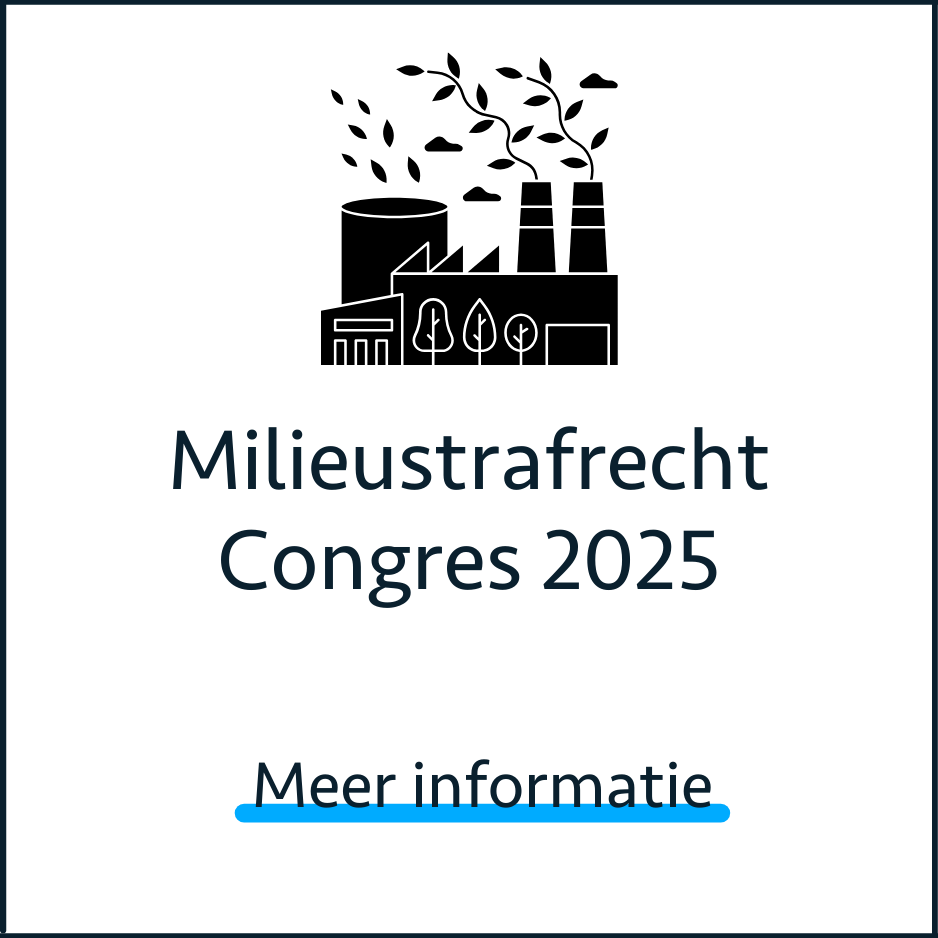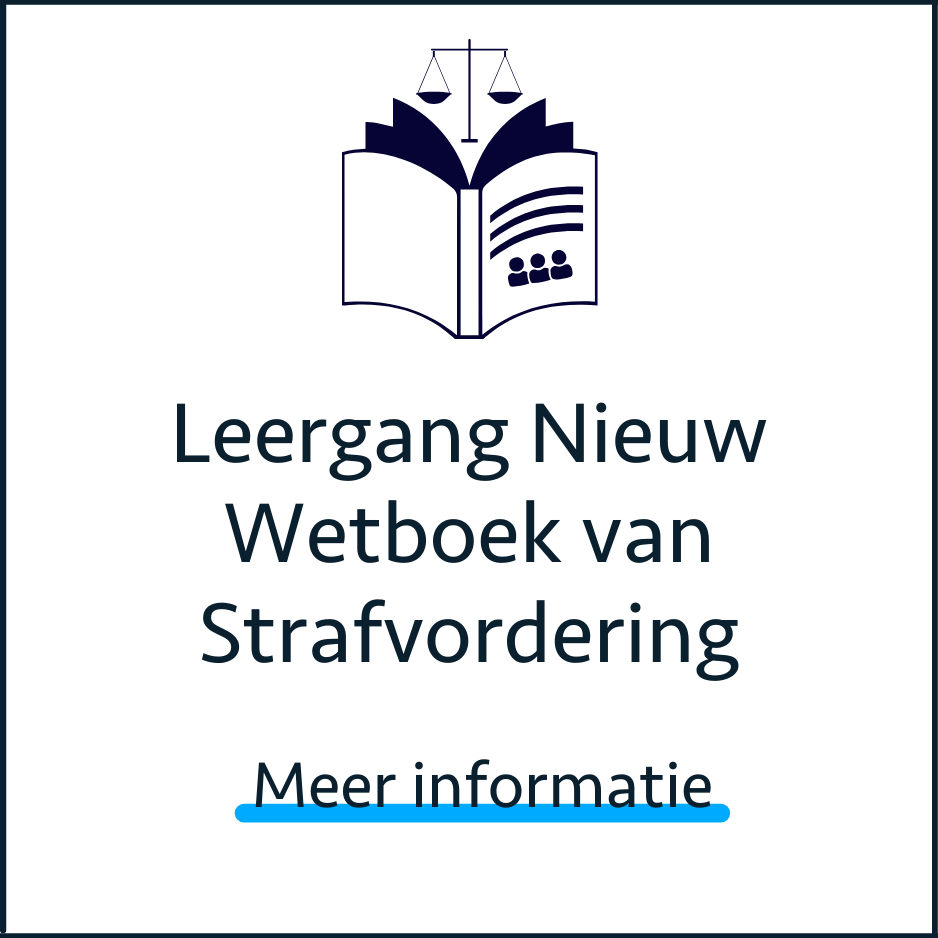Artikel: EPPO and Digital Challenges
/One of the challenges for the European Public Prosecutor’s Office (EPPO), which the Member States identified during the negotiations on the EPPO Regulation, was the speed of criminal proceedings. How can we make sure that investigations will not take even longer with the addition of this new actor in the chain of criminal justice? Considering that most legal decisions during the investigation of a PIF crime will now be made in Luxembourg, will this make criminal proceedings even more bureaucratic?
One of the major principles, which was agreed on in the EPPO Regulation, is that the work of the EPPO should be carried out in electronic form. A case management system is to be established, owned, and managed by the EPPO. It is clear that the EPPO can be effective only if the information exchange between the central office in Luxembourg and the European Delegated Prosecutors in the Member States is fast and smooth.
According to Art. 24 (2) of the EPPO Regulation, when a judicial or law enforcement authority of a Member State initiates an investigation in respect of a criminal offence for which the EPPO could exercise its competence, that authority shall inform the EPPO without undue delay, so that the latter can decide whether or not to exercise its right of evocation. We still do not know how large the current backlog of cases in the Member States is, in which the EPPO must decide on evocation. The initial estimates from the Member States indicate that this number could be around 3000 cases. There is no transitional period foreseen for when the EPPO becomes operational; it will start with full speed from day one, and any evocation decision must be made within 5 days. In a “paper era,” this would most likely be impossible. Imagine truckloads of case files (the volume of one case file for an average PIF crime could be anywhere from 50 to several thousand pages) transported to Luxembourg from 22 Member States – the logistics would inevitably raise questions about security, storage, time, workload, etc.
Taking into consideration that the College of the EPPO only started in early autumn of 2020 and that the time for actual preparatory work has been extremely short, it is quite impressive that, as of February 2021, the first version of the EPPO Case Management System (CMS) is ready to be launched. There is still a huge amount of work ahead of us, but this is a good starting point.
The main challenge in developing the CMS was that Member States and their judicial systems are at very different levels of digitalisation. When discussing digital procedure, we often speak in different languages. For some Member States, digitalisation means scanned pdf documents, for others it means sending a memory stick back and forth between law enforcement authorities, for yet a third group, it means metadata and the use of artificial intelligence. The EPPO’s CMS must work for all of them, and it has to be a user-friendly tool facilitating the smooth exchange of information. The CMS must allow the EPPO to operate as a single office, where the case files administered by European Delegated Prosecutors are available to the central level for the exercise of its decision-making, monitoring, directional, and supervisory tasks.
Lees verder:
EPPO and Digital Challenges door Kristel Siitam-Nyiri in eucrim











